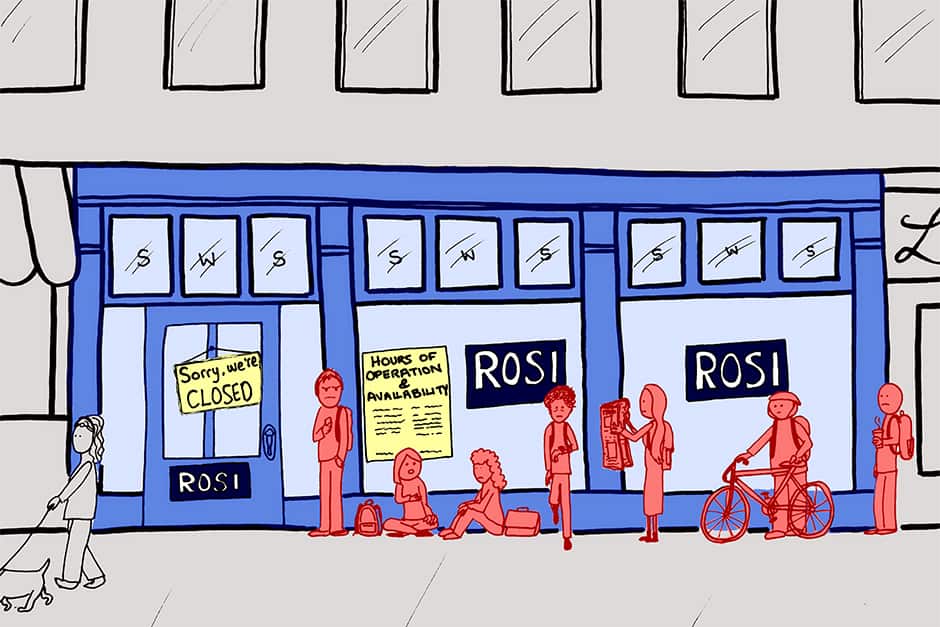In the coming year, the university administration plans to overhaul Student Web Services in a move that will prioritize accessibility and responsiveness, with a view towards consolidating services into one central site.
The Next Generation Student Information Services (NGSIS) project is designed to develop a set of tools and platforms for various student services from residence booking to the Degree Explorer. ROSi is set to be phased out.
Accessible Campus Online Resource Network (ACORN), the new course enrolment software that will be implemented as part of NGSIS, claims to be designed with an interest in accessibility and clarity in mind.
“There are a number of unnecessary hurdles along the enrollment process,” reads the University of Toronto’s NGSIS project site.
The developers and administration are concerned about the usefulness of the existing ROSi framework, recognizing that one chief complaint about ROSi in the past has been its incompatibility with mobile devices.
“The existing functionality presents particular challenges for students to complete basic tasks like adding and dropping courses, understanding registration and financial statuses, and understanding their personal timetables,” according to the NGSIS team.
The existing technology that was used to build and maintain ROSI as a hub of Student Web Services is no longer supported and has proven resistant to incorporating newer services — such as the Degree Explorer and Course Finder features — into a single website.
Cathy Eberts, director of Solutions Development in the Information Technology Services department, said that the development of ACORN has been a two-year enterprise and has involved significant student participation. “There has been active student participation in the development of NGSIS tools, and ACORN in particular, with approximately 900 students contributing in its development through surveys, interviews, focus groups and usability tests,” says Eberts, adding: “Student participation from all three campuses and nearly every faculty is also ongoing.”
Beyond ACORN, the team at NGSIS has been focused on expanding ROSI’s hours. At the moment, the service currently goes down for scheduled maintenance at different times. “The NGSIS technical team has worked to increase ROSI’s availability and has added an additional five hours per week during the past 12 months,” says Eberts.
“The team is continuing to review system maintenance activities in order to make further improvements,” she adds.
In spite of these changes, the current ROSI service is still causing some problems for students — particularly those on exchange.
Exchange students cannot add or drop courses on ROSI; they can only view their courses. All Faculty of Arts & Science course request changes, including practical and tutorial sections, must be done in person, as of September 2014, for exchange students.
Eberts does not consider this problematic, saying that for exchange students particularly, they have found in-person advisors to be more effective in course selection. “There will always be cases where in-person registrarial assistance is most effective, such as in the case of exchange students coming to the University of Toronto,” she says.
Eberts said that she expects ACORN’s system launch to take place in the early spring, but that there will be an “introduction to ACORN” site launched prior to the December break in an effort to give students a chance to see and contribute to the final testing of the website.
The project site notes ACORN’s progress at 70 per cent completed.


